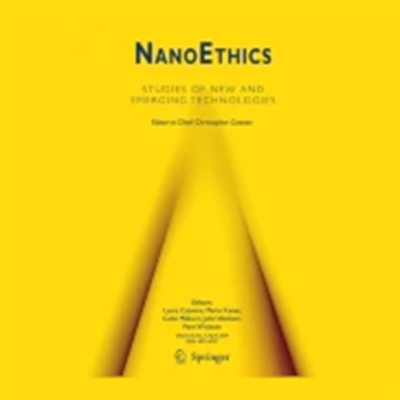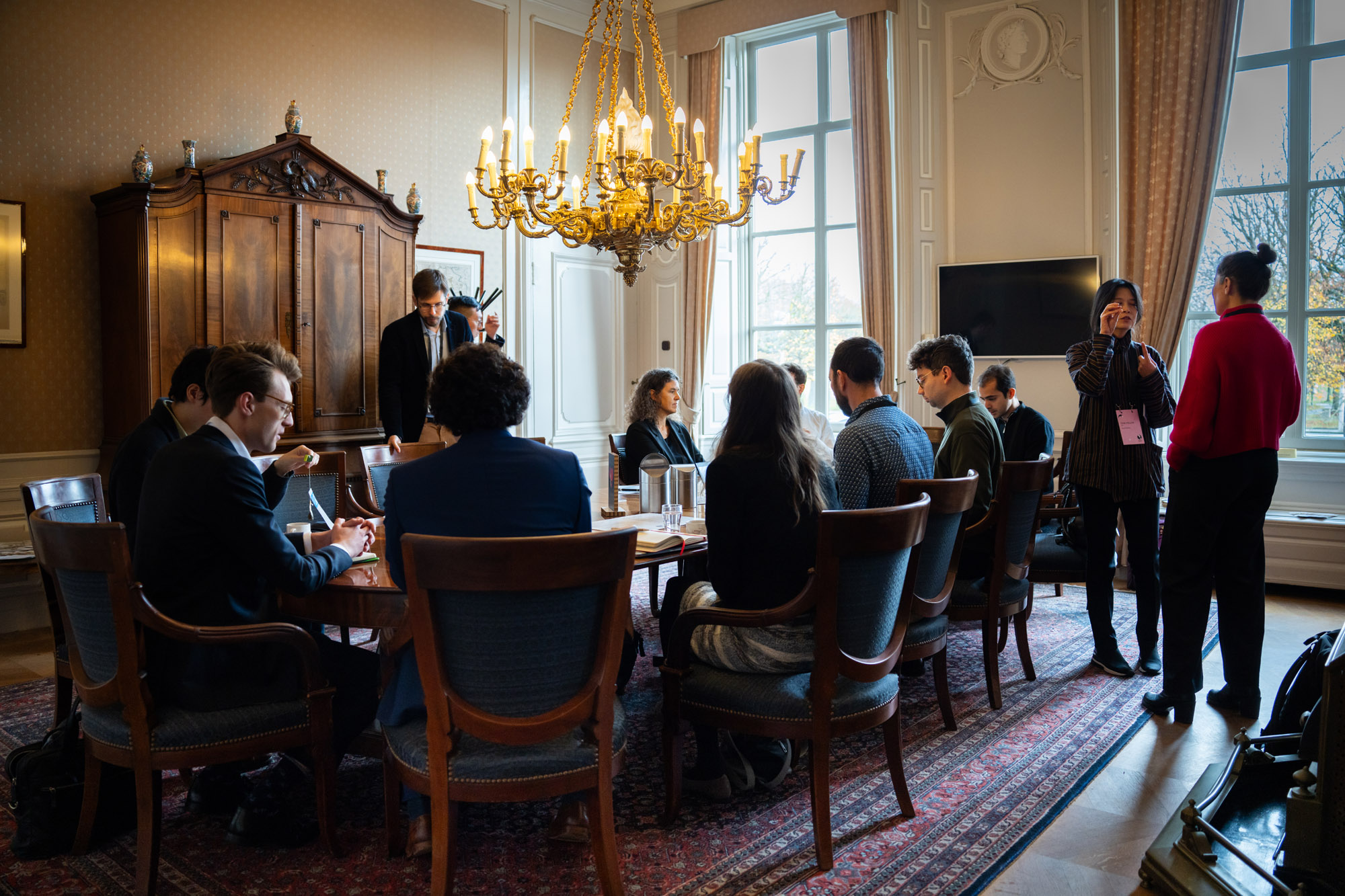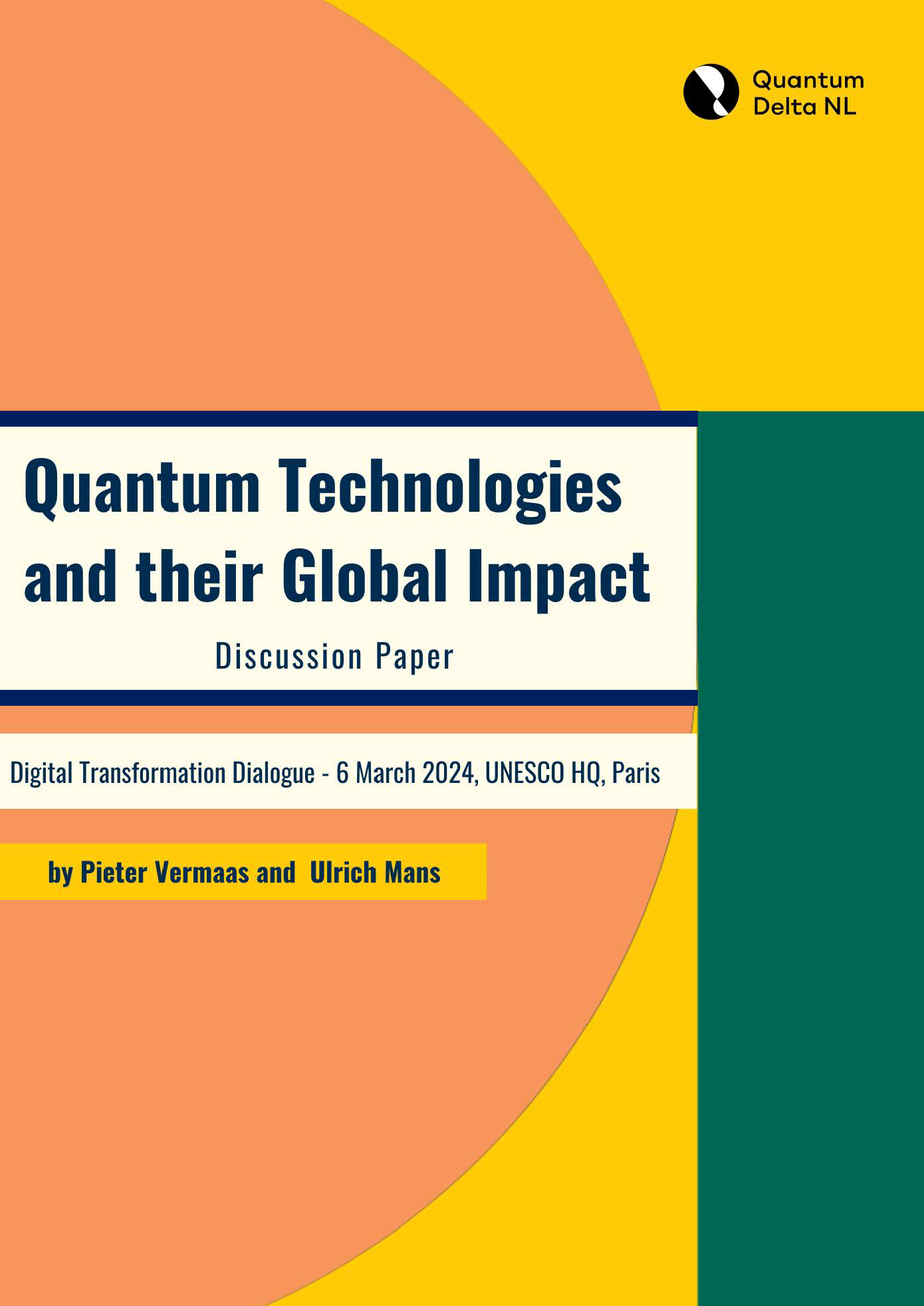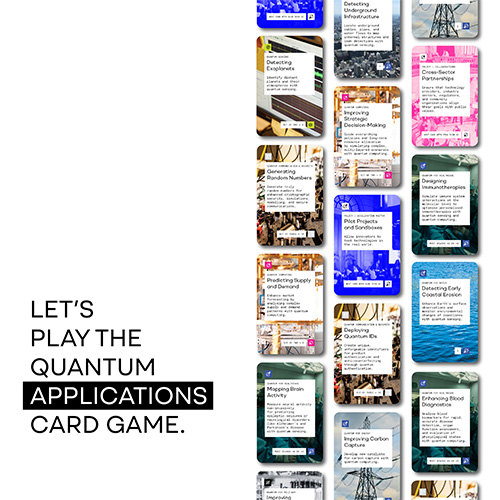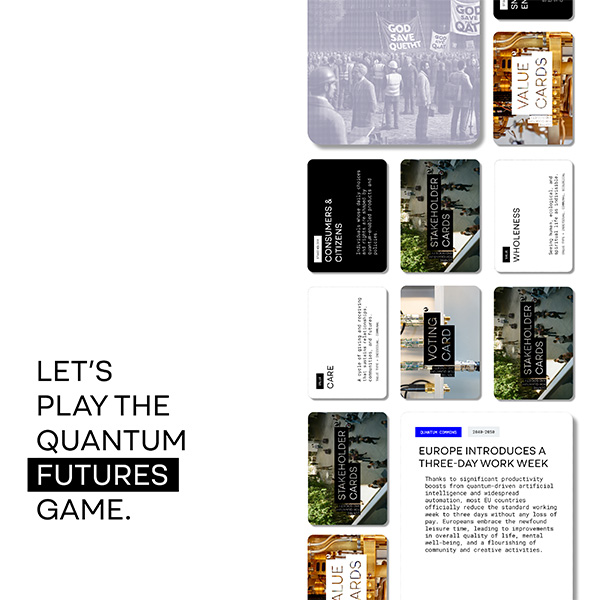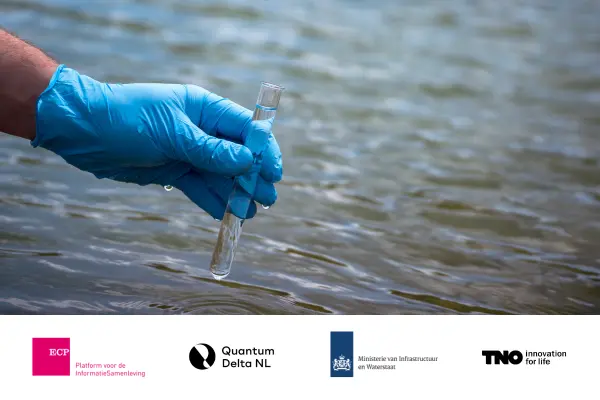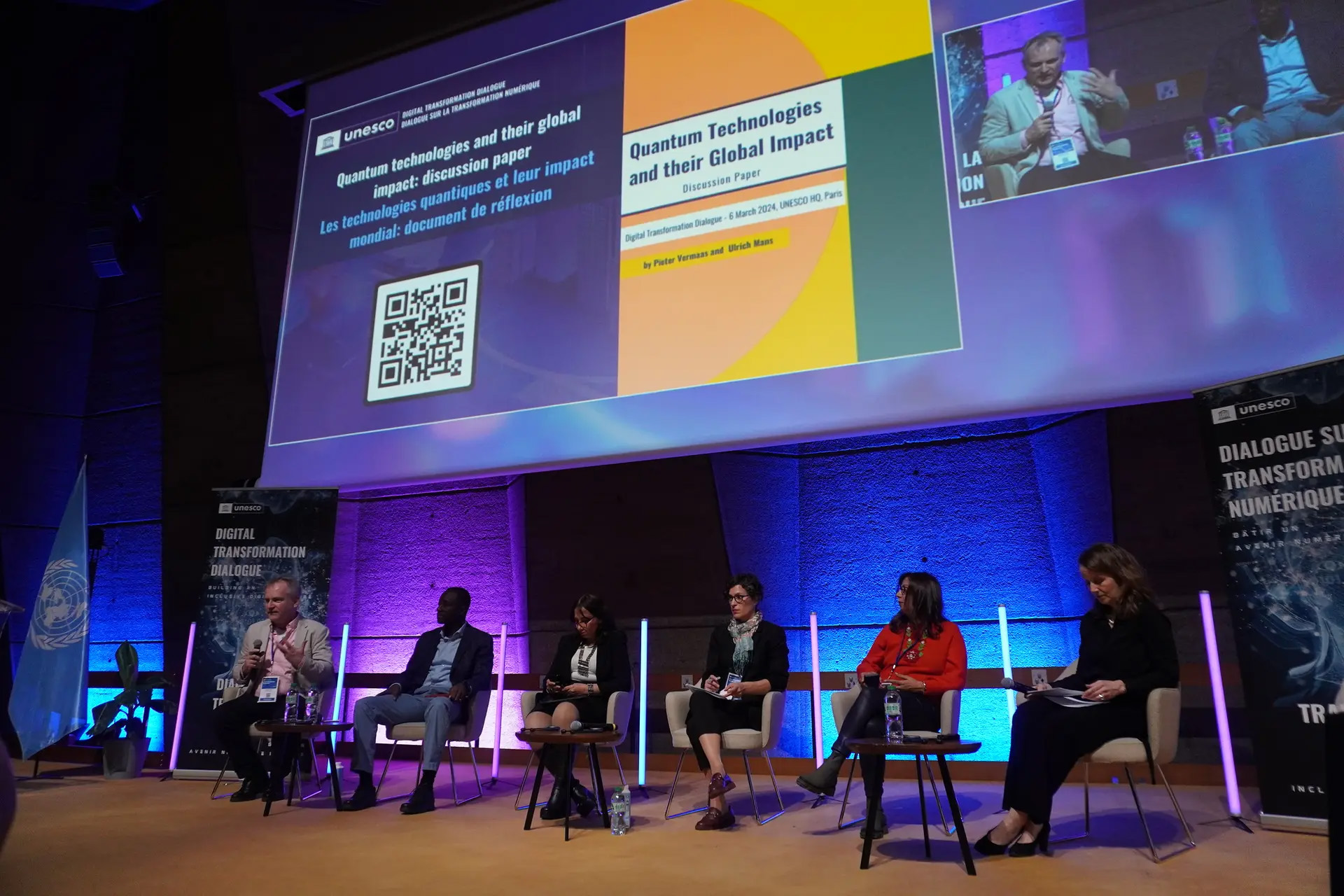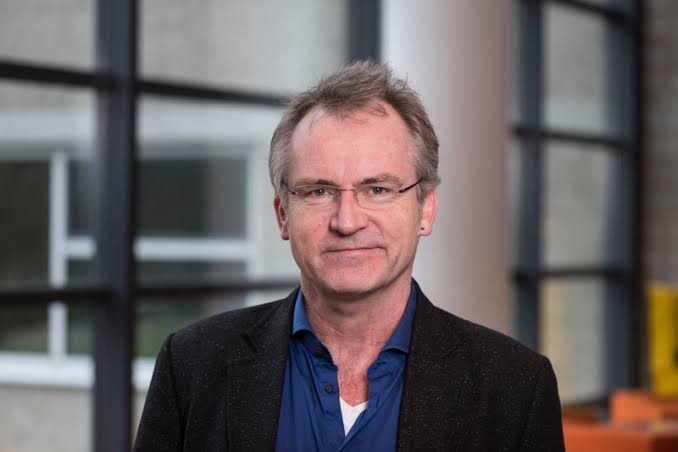Reports, Tools & Documents
Collaborative efforts like the Quantum for Good initiative, enable the sharing of quantum research and data to accelerate breakthroughs. While creating opportunities for cross-border research and open-source quantum projects, and bringing a wide global expertise together, this initiative aims at making innovation more inclusive and equitable.
By providing referential materials on research that look into establishing global norms and ethical frameworks for the responsible development and application of quantum technologies, this platform offers open access documents that serve as guidelines for the creation of policies to prioritize sustainability, inclusivity, and security.
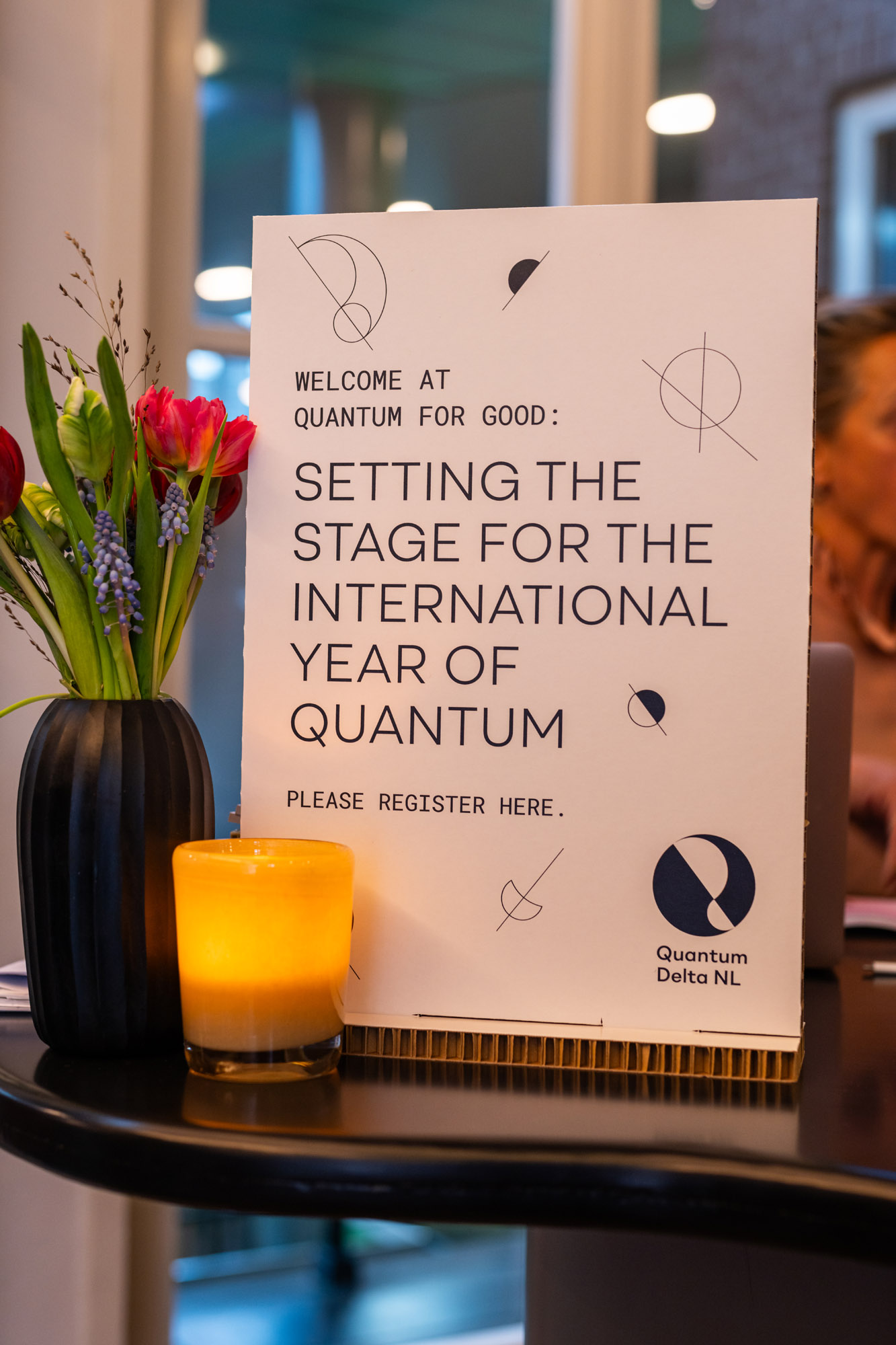
Published Papers
Allocating Access to Quantum Computing: A Legal-Ethical Framework
Quantum computing promises breakthroughs in medicine, energy, logistics, and security, but access remains limited and raises ethical, legal, and security concerns. REAQT’s workshop explored fairness, partnerships, and evolving priorities, calling for global collaboration and frameworks to ensure responsible allocation as technology matures. Organizations worldwide must join this dialogue.
NanoEthics: Studies of New and Emerging Technologies
Launched in 2007, is a leading STS journal exploring ethical, legal, social, cultural, and philosophical dimensions of emerging technologies. Covering biotechnology, nanotechnology, neurotechnology, ICT, and more, it fosters global discourse on technoscience, responsible innovation, human/animal enhancement, and intersections of art, science, and society.
Delivering on Draghi after Munich: A quantum perspective
In this paper Ulrich Mans argues that Europe must strengthen its technological sovereignty, with quantum technology as a strategic priority. Despite a strong foundation, fragmented policies and low investment threaten EU leadership. To stay competitive, Europe needs a bold commercialization strategy, unified regulation, and international partnerships.
Centre for Quantum and Society launches Report on Quantum Computing in the Global South
On 16 May 2024, the Centre for Quantum and Society organizes an extraordinary session of the Quantum & Society Research Colloquium for the launch of the Report on Quantum Computing in the Global South. The report, written by AWO, was commissioned through Quantum Delta NL’s Action Line 4 (Research Group on Law and Governance on Quantum Technologies).
Quantum technologies and their global impact: discussion paper
This discussion paper, issued on 6 March 2024, is a collaboration between UNESCO and the Centre for Quantum and Society, explores the global impact and societal implications of emerging quantum technologies. It calls for responsible innovation and highlights the proposal to designate 2025 as the International Year of Quantum Science and Technology to raise awareness and promote public engagement.
Tools
The Exploratory Quantum Technology Assessment (EQTA)
EQTA is an innovative instrument designed to help organizations capitalize on the opportunities of quantum and identify the potential challenges associated to its application. It presents a referential resource that will allow organizations to make informed decisions on ethical, legal, and societal implications of quantum at an early stage in their planning.
The Quantum Applications Card Game
As quantum technologies move from lab to real-world application, the question of their impact on industry and society becomes increasingly urgent. To help policymakers and innovators explore this rapidly evolving field, the Centre for Quantum and Society has launched the Quantum Applications Card Game—an engaging card game designed to learn about future quantum applications.
The Quantum Futures Game
Quantum technologies will reshape society—but in what direction? Play the Quantum Futures Game to explore diverse stakeholder roles, navigate crucial value trade-offs, and actively shape the future. The Centre for Quantum & Society created the Quantum Futures Game to support open discussion, long-term thinking, and playful reflection on how quantum technology affects society.
Reports
New quantum technology opportunities for the Ministry of Infrastructure and Water Management
From Bits to Qubits. In 2024, the Ministry of Infrastructure and Water Management (IenW) partnered with the Centre for Quantum and Society and TNO to explore the potential of quantum technology. Through workshops with various departments, the collaboration aimed to identify opportunities and assess ethical, legal, and societal aspects, forming the basis for further exploration based on outcomes and available capacity.
Exploring the Implications of Quantum Technologies at UNESCO’s ‘Digital Transformation Dialogues’
On March 6, the Centre for Quantum and Society co-hosted a quantum event during the Digital Transformation Dialogues at UNESCO’s headquarters in Paris.
This was UNESCO’s first quantum-related event and brought together 300+ policy-makers from all over the world to discuss show to avoid a global Quantum Divide and democratise access to quantum technology.
Whitepapers
EU Quantum and Society Vision 2025
This whitepaper urges the EU to integrate societal research into the development and deployment of quantum technologies. To ensure responsible innovation that aligns with European values, it calls for collaboration between quantum scientists, industry, and social researchers throughout the entire R&D process.
3 questions to Jord Goudsmit on QDNL white paper (3/3)
In light of this last paper, we asked 3 questions to contributor Jord Goudsmit. Jord is a responsible tech consultant who helps organisations navigate the rapidly changing digital landscape. He specializes in digital ethics and responsible innovation.
This papers was written by Jord Goudsmit, Luca Possati, Lauren Challis and Ulrich Mans.


